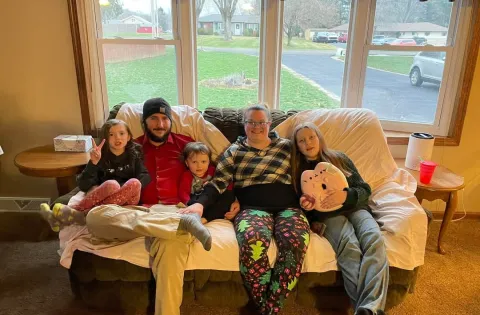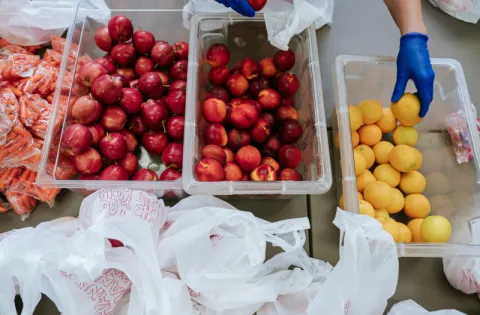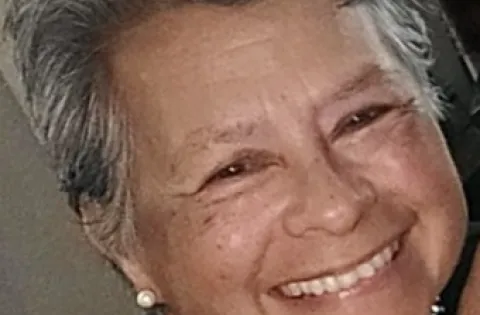In 2015, the Medical University of South Carolina (MUSC), in partnership with Sodexo, MUSC’s foodservice provider, became the first hospital in the Southeast region to participate in the Summer Food Service Program (SFSP), commonly known as the summer meals program. With few participating healthcare institutions to look to for guidance, MUSC had no way of knowing how many kids would take part when the program first stated. On the first day, MUSC fed 10 kids but the numbers gradually grew as word got out. By the third week, about 190 kids took part and by the end of the summer, MUSC served 2,385 meals through the two bustling cafeterias and by distributing meals at a clinic that treats kids with sickle cell anemia, cancer, blood disorders and other ailments.
MUSC recognized the prevalence of food insecurity in the Charleston, SC community and became aware that, despite programs like Summer Meals that target those most at risk, participation rates in such programs are low; in SC, only 22% of children who qualify for free or reduced priced lunch participate in Summer Meals. MUSC is also aware of the association between food insecurity and the rising cost of healthcare. Some estimates put the lack of access to healthy food at $130.5 billion in health care costs. Above all, MUSC recognizes that providing healthcare and improving well-being cannot be achieved if a person’s basic needs aren’t met. Seventy-five percent of households using the Lowcountry Foodbank have to choose between paying for food or paying for healthcare. MUSC and Sodexo were confident they could partner to find a way to participate in Summe Meals, and engage in the fight against hunger.
The feeding program that was created was self-guided; children followed a friendly purple octopus mascot through the hot line and to the cashiers, where the Sodexo staff ensured the children selected the correct combination of foods that met standardized nutritional criteria. This model allowed the children to select their meal like all the other customers, so they didn’t “stand out” as kids getting a free lunch; they were just kids, eating lunch. They were also exposed to a variety of food. Jamaican chicken with jerk BBQ sauce, apricot-glazed turkey, and crispy baked tilapia were just some of the entrees from which the kids could choose.
Because hospitals are in a unique position to increase the number of people that they impact with the healthy nutritious food that they already serve every day, MUSC hopes to inspire other healthcare institutions to engage in the fight against hunger. With a No Kid Hungry Out of School Time Local Impact Grant, MUSC created an Implementation Guide www.musc.edu/kids-eat-free, with the objective to encourage other health care institutions to use their existing infrastructure and the available hunger relief programs to improve population health by increasing access to nutritious meals for those most in need.



